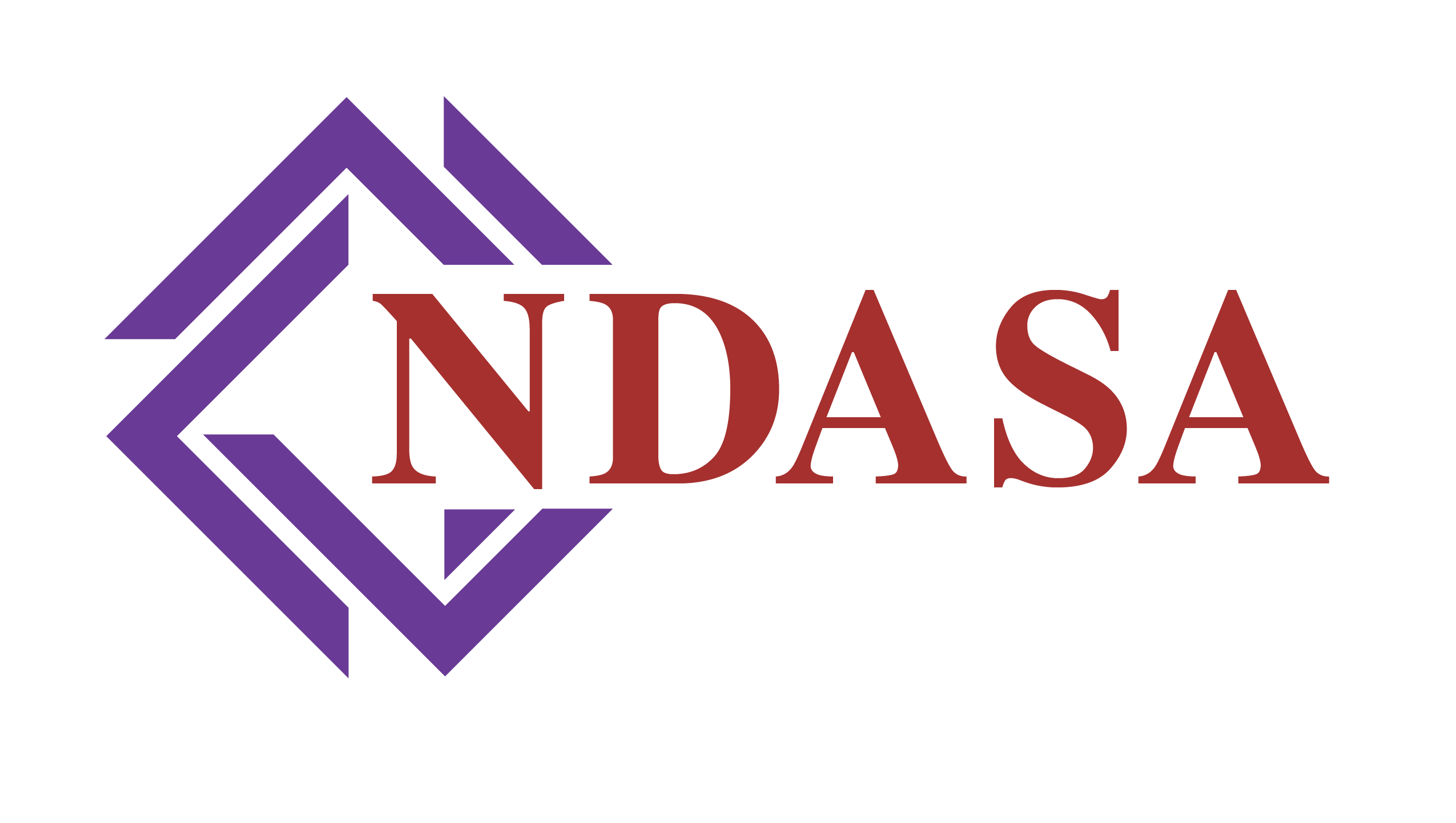National Drug & Alcohol Screening Association Urges Protection of Transportation Safety Amid Marijuana Rescheduling Debate
Rescheduling marijuana to Schedule III will prevent the U.S. Department of Transportation from prohibiting active use for those in transportation safety positions. Without a safety carveout - or a clear plan to prevent this unintended consequence, the traveling public will be placed in jeopardy.

Washington, DC, May 30, 2024 --(PR.com)-- The National Drug & Alcohol Screening Association (NDASA) expresses grave concerns over the potential rescheduling of marijuana under the Controlled Substances Act (CSA) and its implications for safety-sensitive transportation industries. NDASA asserts that without a "Safety Carve-Out," rescheduling marijuana could disrupt mandatory drug testing protocols for employees in critical public safety roles like airline pilots, air traffic controllers, school bus drivers, and truck drivers, posing significant risks to transportation safety nationwide.
"If marijuana is rescheduled without a Safety Carve-Out, safety-sensitive transportation employees, including airline pilots, air traffic controllers, school bus drivers, and truck drivers, may not undergo marijuana testing," warns James A. Greer, Chairman of NDASA. "This poses a significant risk to the safety of our roads, skies, and rails."
Federally regulated drug testing, including for marijuana, has long been integral to maintaining safety standards within the transportation sector. Over three decades, these protocols have effectively mitigated marijuana-related accidents in commercial transportation. However, a potential rescheduling of marijuana from Schedule I to Schedule III would disrupt Department of Transportation (DOT) testing protocols.
Philip J. Dubois, Government Affairs Committee Chairman, underscores the regulatory challenges: "Placing marijuana on Schedule III removes DOT’s ability to test for marijuana, undermining DOT testing protocols and jeopardizing safety-sensitive operations." Moreover, NDASA emphasizes the importance of international treaties, such as the 1961 Single Convention on Narcotic Drugs, which imposes constraints on marijuana use beyond medicinal and scientific contexts.
Brian Drew, Governmental Affairs Committee Co-Chairman, urges legislative action: "Comprehensive legislation with a Safety Carve-Out is essential to preserve drug-free workplaces across all transportation sectors and uphold over three decades of stringent drug testing protocols."
M. Jo McGuire, Executive Director of NDASA, emphasizes the urgency of the matter: "The consequences of disregarding safety measures in drug testing could be profound, impacting both federal workplaces and transportation safety."
NDASA calls upon policymakers to prioritize public safety by supporting legislation that includes a Safety Carve-Out, ensuring the continuity of effective drug testing protocols.
"If marijuana is rescheduled without a Safety Carve-Out, safety-sensitive transportation employees, including airline pilots, air traffic controllers, school bus drivers, and truck drivers, may not undergo marijuana testing," warns James A. Greer, Chairman of NDASA. "This poses a significant risk to the safety of our roads, skies, and rails."
Federally regulated drug testing, including for marijuana, has long been integral to maintaining safety standards within the transportation sector. Over three decades, these protocols have effectively mitigated marijuana-related accidents in commercial transportation. However, a potential rescheduling of marijuana from Schedule I to Schedule III would disrupt Department of Transportation (DOT) testing protocols.
Philip J. Dubois, Government Affairs Committee Chairman, underscores the regulatory challenges: "Placing marijuana on Schedule III removes DOT’s ability to test for marijuana, undermining DOT testing protocols and jeopardizing safety-sensitive operations." Moreover, NDASA emphasizes the importance of international treaties, such as the 1961 Single Convention on Narcotic Drugs, which imposes constraints on marijuana use beyond medicinal and scientific contexts.
Brian Drew, Governmental Affairs Committee Co-Chairman, urges legislative action: "Comprehensive legislation with a Safety Carve-Out is essential to preserve drug-free workplaces across all transportation sectors and uphold over three decades of stringent drug testing protocols."
M. Jo McGuire, Executive Director of NDASA, emphasizes the urgency of the matter: "The consequences of disregarding safety measures in drug testing could be profound, impacting both federal workplaces and transportation safety."
NDASA calls upon policymakers to prioritize public safety by supporting legislation that includes a Safety Carve-Out, ensuring the continuity of effective drug testing protocols.
Contact
National Drug and Alcohol Screening Association
Jo McGuire
888-316-3272
www.ndasa.com
Jo McGuire
888-316-3272
www.ndasa.com
Categories
